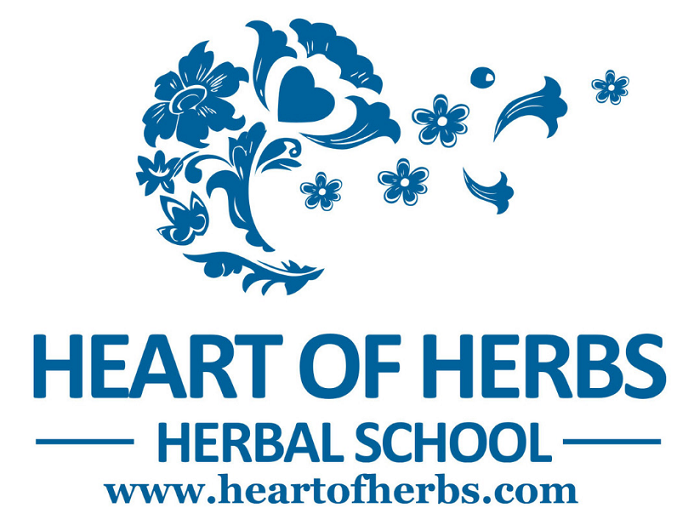Foraging Tips
Foraging can be a rewarding and sustainable way to connect with nature and find wild edible plants, mushrooms, and other resources. Here are some foraging tips to help you get started safely:
- Educate Yourself: Before you start foraging, research and learn about the plants, mushrooms, and other items you’re interested in. Invest in field guides or use reliable online resources to identify them accurately.
- Location Matters: Choose areas that are free from pollution and away from potential sources of contamination, such as roadsides, industrial areas, or places sprayed with pesticides. National parks and nature reserves can be good options.
- Respect Local Laws and Regulations: Check local regulations and obtain any necessary permits before foraging. Some areas might have restrictions on foraging to protect ecosystems and species.
- Learn the Seasons: Different plants and mushrooms have specific growing seasons. Understanding the timing of when specific species are ripe and available is crucial for successful foraging.
- Start with the Basics: Begin with easily identifiable and common plants, such as dandelions, blackberries, or nettles. As you gain experience and knowledge, you can expand your foraging repertoire.
- Learn Plant Identification: Focus on recognizing key identifying features of plants, such as leaves, stems, flowers, and fruit. It’s essential to correctly identify plants to avoid consuming anything toxic.
- Use All Your Senses: While foraging, use your senses of sight, touch, smell, and even taste (if safe) to aid in plant identification. Some poisonous plants have distinct odors or characteristics. In addition head warnings in your field guide and if you aren’t sure, don’t eat anything.
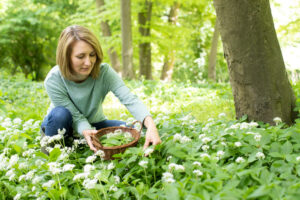
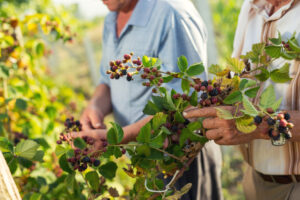
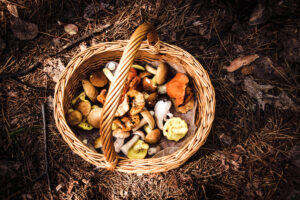
- Learn Plant Identification: Focus on recognizing key identifying features of plants, such as leaves, stems, flowers, and fruit. It’s essential to identify plants to avoid consuming anything toxic correctly.
- Use All Your Senses: While foraging, use your senses of sight, touch, smell, and even taste (if safe) to aid in plant identification. Some poisonous plants have distinct odors or characteristics.
- Avoid Doubtful Species: If you’re not 100% sure about identifying a plant or mushroom, don’t consume it. It’s always better to be cautious.
- Sustainable Harvesting: Forage in a sustainable manner to help conserve natural habitats. Only take a small portion of a plant or mushroom population, leaving enough for reproduction and wildlife.
- Bring Proper Tools: Carry a small basket, cloth bag, or container to collect your foraged items without damaging them. Scissors or small pruning shears can be helpful for cleanly cutting plants.
- Respect Nature: Be mindful of your impact on the environment. Stick to established paths to avoid trampling sensitive vegetation and disturbing wildlife.
- Stay Hydrated and Protected: Bring enough water and wear appropriate clothing, including sturdy shoes and long pants, to protect against ticks, thorns, and other hazards.
- Avoid Harmful Areas: Avoid areas with potentially dangerous wildlife or plants, such as poison ivy, poison oak, or plants with thorns. You will also want to avoid unsafe landscape areas like drainage ditches or runoff areas.
- Share the Knowledge: If you’re foraging with others, share your knowledge and experiences and encourage responsible foraging practices to protect the environment.
- Have a First Aid Kit: Carry a basic kit for minor injuries or allergic reactions.
Engaging in the foraging activity can be an enjoyable and fulfilling experience. However, it is crucial to approach it with meticulous research, keen observation, and a deep appreciation for the natural world. It is of utmost importance to prioritize safety measures and embrace sustainable practices to ensure the continuity of such a beneficial activity.
Disclaimer
Disclaimer Blog
The information presented on the Heart of Herbs Herbal School/Demetria Clark websites is for educational purposes only. Heart of Herbs Herbal School/Demetria Clark Education LLC makes neither medical claims nor intends to diagnose or treat medical conditions. Links to external sites are for informational purposes only. Heart of Herbs Herbal School/Demetria Clark neither endorses them nor is in any way responsible for their content. Readers must do their own research regarding the safety and usage of any herbs, recipes, or supplements.
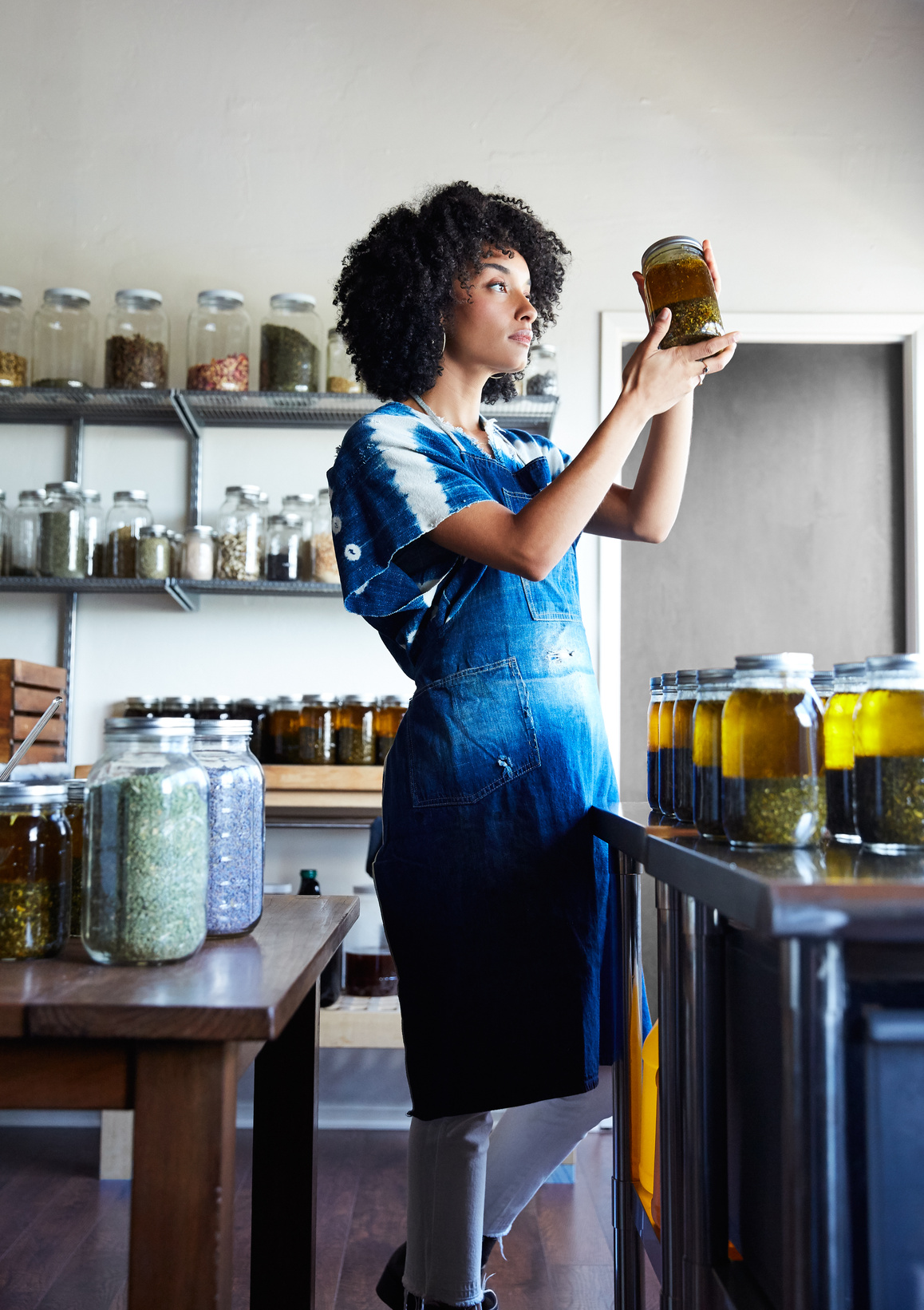
Come Join Us!
At Heart of Herbs Herbal School, we support you on your herbal journey. We update resources, respond to emails, and schedule phone calls with students when needed. We want you to feel supported while you pursue your herbal studies from the comfort of your own home.
We have a supportive and diverse student body with students from all over the world. We encourage you to connect with our student group and learn and grow with each other.
We believe in support, mentorship and connection.
This online course is self-paced and you can start as soon as you sign up!
